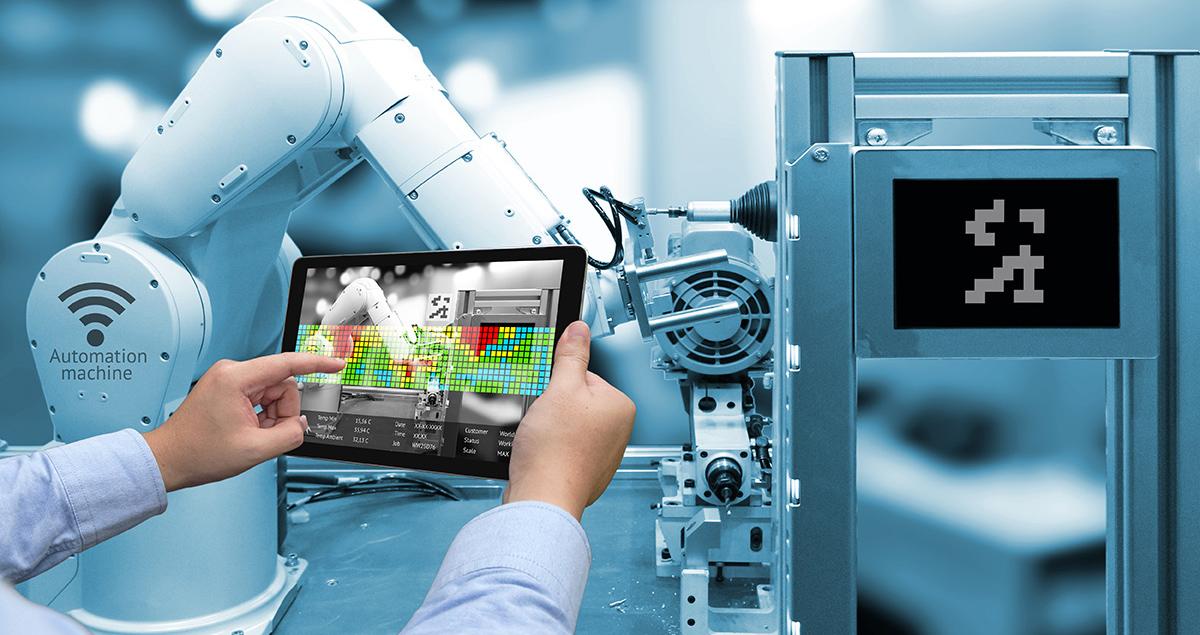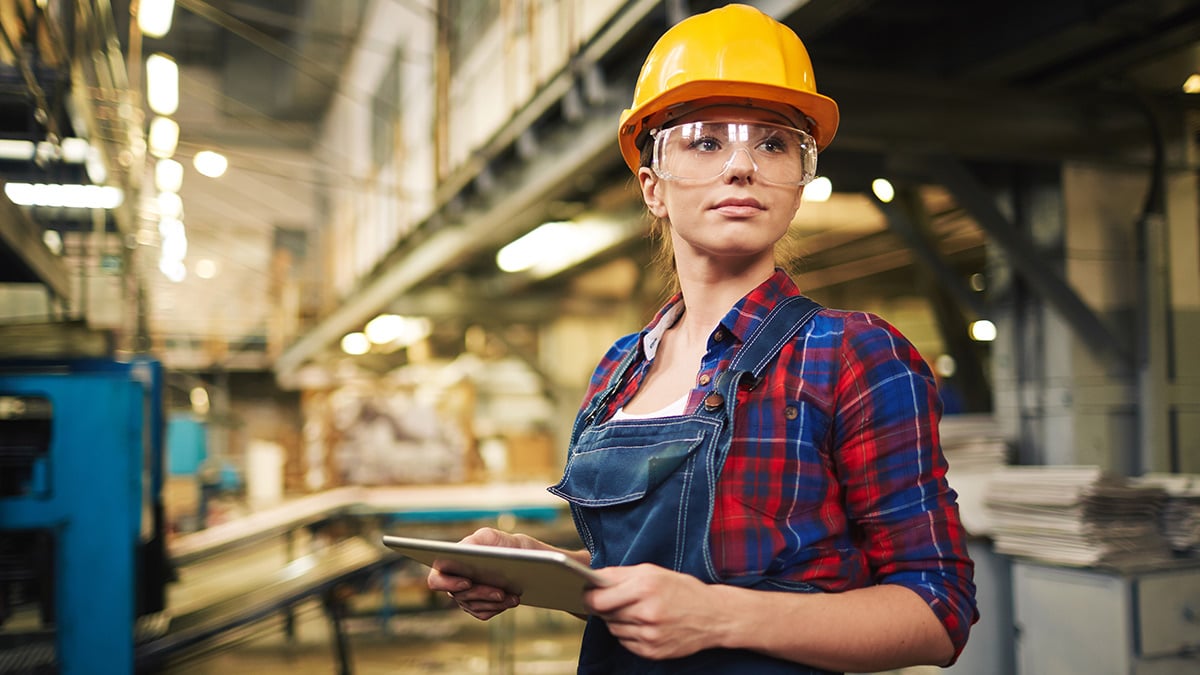One of the best things robots will make for us? Jobs

We humans have a complex relationship with technology. Many of us love nothing more than getting our hands on the latest smartphone or laptop to try out whatever new feature has been developed. But, when we think about artificial intelligence and machine learning and where this is all heading… well, things can seem a little foreboding. We like our tech clever, but not too clever - because we don’t want it to take over. A widespread concern is that Artificial Intelligence and automation will take jobs away from humans – a worry that often accompanies significant leaps in technology.
Fear of the unknown
As far back as the Luddite textile workers who destroyed weaving machinery at the start of the industrial revolution, there has been a fear that each technological advance in the workplace will lead to higher unemployment. But a study of census results in England – the birthplace of the first industrial revolution – reveals that the opposite is the case.
Economists at Deloitte looked at the relationship between jobs and the rise of technology by trawling through census data for England and Wales going back to 1871. They found that instead of taking away work, technology was “the great job-creating machine”.
This is because technology changed jobs rather than replaced them, removing demand for workers in one area and creating new demand for other roles.
The study anticipates the same will happen in the Fourth Industrial Revolution: “Machines will take on more repetitive and laborious tasks, but seem no closer to eliminating the need for human labor than at any time in the last 150 years,” it concludes.

New collar workers
What is certain is that technology is changing traditional ways of working in the manufacturing sector, and what it means to work in manufacturing.
Instead of the old division between “blue collar” manual labor and “white collar” managerial level work, manufacturing roles are increasingly “new collar”.
New collar workers are highly skilled problem-solvers, responsible for managing highly complex, automated processes.
Making this transition will not happen on its own. It will require manufacturing companies to plan and invest in developing their workforce to meet those needs.
As Mitsubishi Heavy Industries Group Global CFO Masanori Koguchi told the Financial Times Future of Manufacturing Summit in London: “We are in the process of ‘skilling-up’ our staff who previously carried out manual labor, but must now oversee the use of AI and robots at our production sites. We are also seeing growing need for data analysts, technical guidance roles and global talent.”
Transforming markets
Automation will not only create new types of jobs, it will also reshape where in the world these are based. Sportswear manufacturer Adidas last year moved production of its sports shoes back to Germany for the first time in 20 years.
The use of robots, 3-D printing and other automated processes has dramatically lowered production costs for Adidas in Germany, at the same time as rising wages have increased production costs in its offshore manufacturing facilities.
In 2016 – for the first time in decades – the number of manufacturing jobs created in the US both by domestic and international companies such as Mitsubishi Heavy Industries, exceeded the number of jobs lost by companies moving overseas.
A Boston Consulting Group survey has shown that 31% of executives at companies with annual revenues of $1 billion and above planned to increase US-based manufacturing over the next five years.
Again, automation was cited as a key driver of this shift, with 75% of respondents saying their companies planned to increase investments in automation or advanced manufacturing technologies over the coming five years.
The only constant
The use of automation is growing exponentially – what we are currently seeing is just the beginning of a profound shift in how humans and machines work together.
The changes will be widespread, as will the opportunities.
For both industry and individuals, making the most of those opportunities will take a commitment to constantly adapt so that the extraordinary potential of technology can be fully realized.





